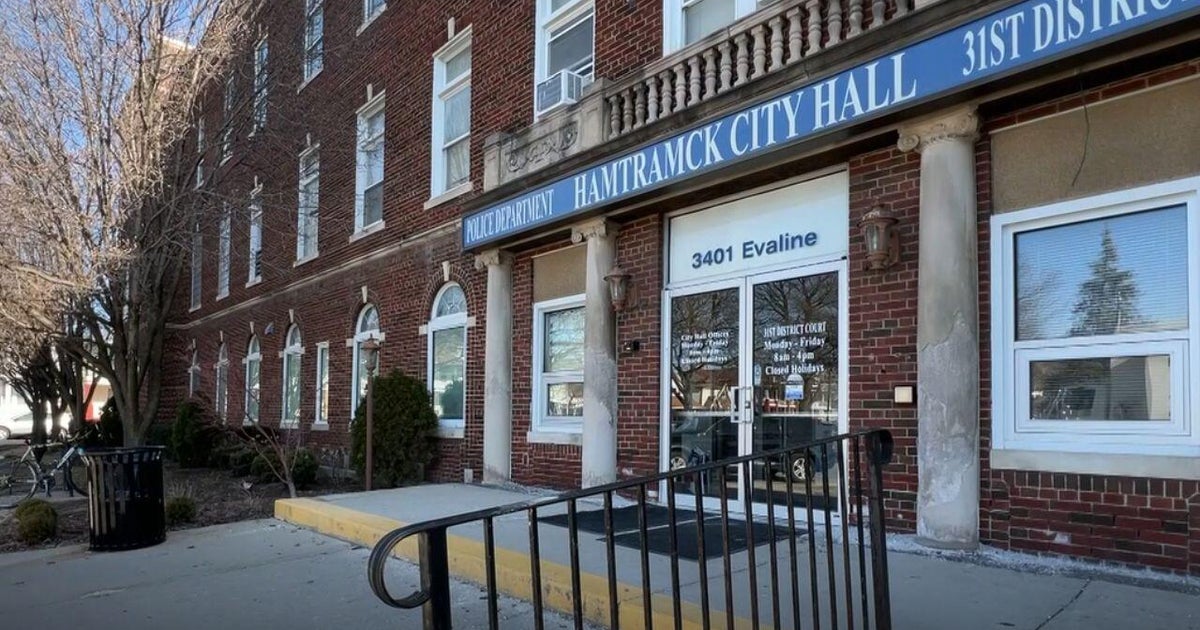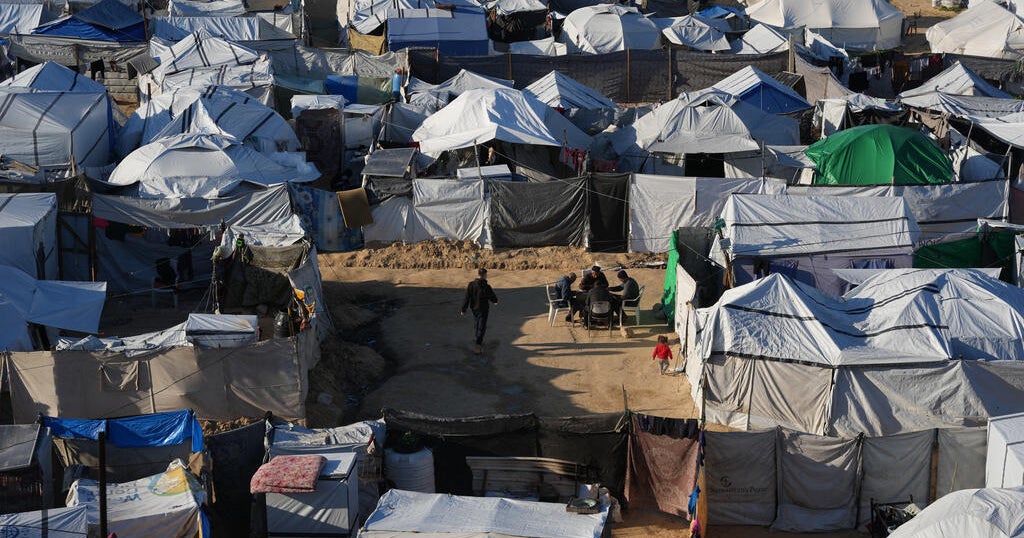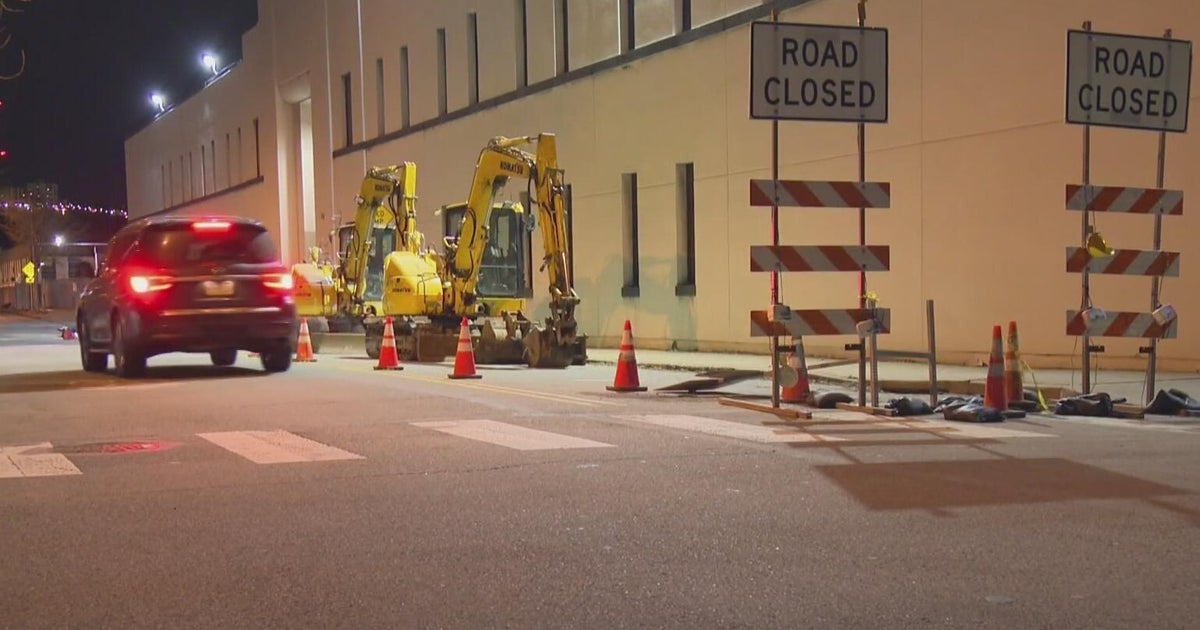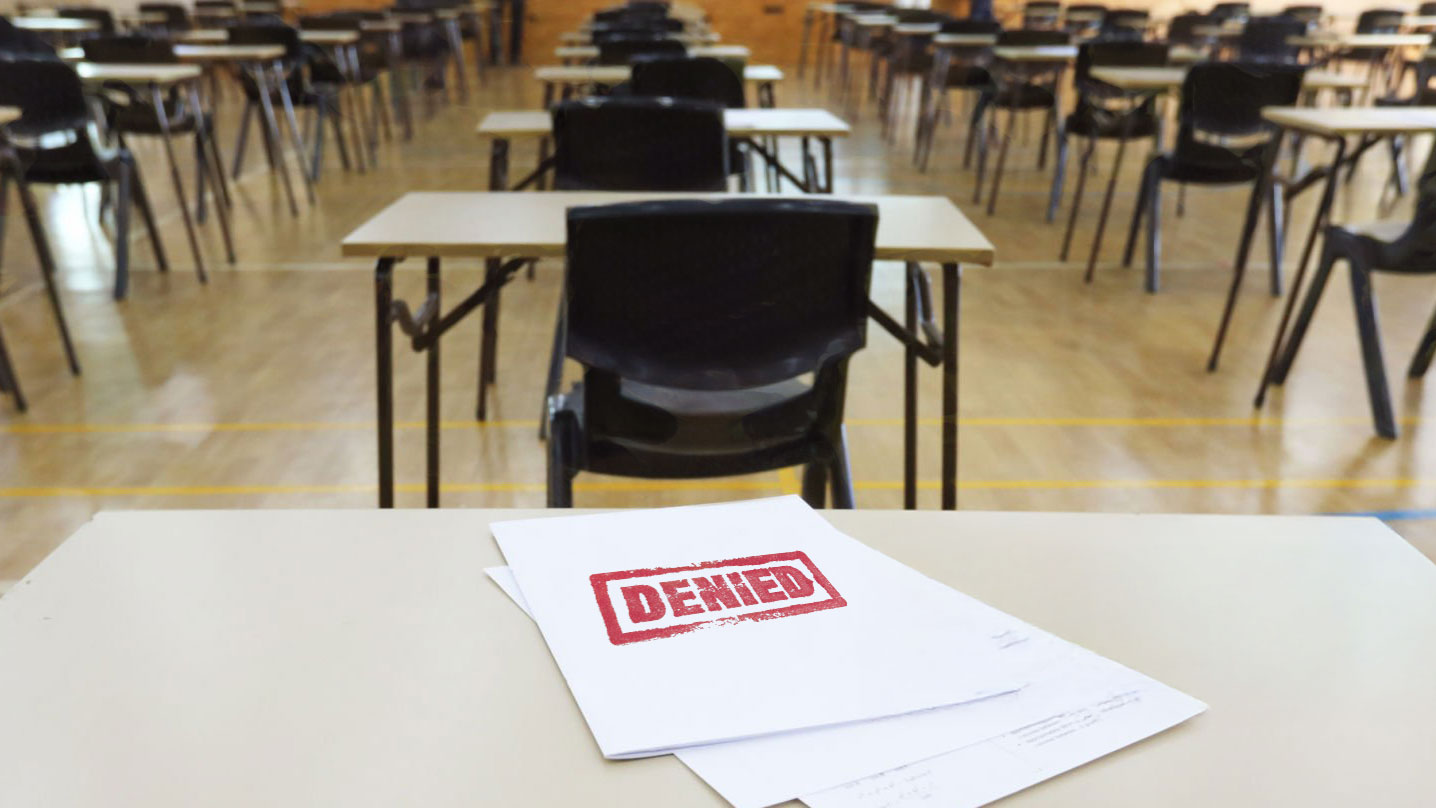Israeli court offers "protected" tenant status to Palestinian residents of Sheikh Jarrah
The Israeli Supreme Court on Monday offered Palestinian residents of the occupied east Jerusalem neighborhood of Sheikh Jarrah a "protected" tenant status which — if they accept — means they would not be evicted from their homes. The residents would also not, however, be recognized as owners of their properties.
The judge who presided over the case said he wanted to move, "from the level of principles to the level of practicality," Haaretz newspaper reported.
"People must continue to live there, and that's the idea: to try to reach a practical arrangement without making various declarations. We have seen how much this interests the media. We want a practical solution," Justice Isaac Amit said, according to Haaretz.
Monday's hearing came after a decision over the evictions of the Palestinian families living in Sheikh Jarrah was delayed earlier this year amid rising tensions that eventually erupted into deadly conflict. Over 250 were killed in the resultant 11-days of fighting between Israel and Hamas in Gaza.
Residents have a week to submit the names of the "protected" tenants.
How did the dispute over Sheikh Jarrah begin?
In the 1940s, Britain's control over what had been Palestine ended, and ownership and control of the land were partitioned by the international community through the United Nations.
But there was no agreement on the two separate Jewish and Arab states. In 1948, the dispute resulted in a war, through which Israel declared independence and gained control over more territory than had been initially proposed by the United Nations.
Many people were displaced during the conflict, and many Palestinians became refugees. At the end of the war, Jordan had control over parts of Jerusalem, including the Sheikh Jarrah neighborhood, which had earlier been home to a Jewish community.
In 1956, Palestinian refugee families moved into some homes in Sheikh Jarrah that were built with the support of the Jordanian government and the United Nations.
War broke out again in 1967 between Israel and several of its Arab neighbors. At the end of that "Six-Day War," Israel had occupied east Jerusalem, including Sheikh Jarrah, and in 1980, it annexed the territory. Most countries still do not recognize Israel's annexation of east Jerusalem.
Tension over Jerusalem
The city of Jerusalem is important to both Israelis and Palestinians, who want at least part of it to be the capital of their future state.
In 1972, almost twenty years after Palestinians settled in the Sheikh Jarrah area, right-wing Jewish settler groups started launching legal challenges to the Palestinian claims to the land, initiating a legal battle that continues today.
The settlers say they have a legal right to the land based on an Israeli law that permits Jews to recover property abandoned during the war in 1948. There is no equivalent law for Palestinians, who have been unable to reclaim land they abandoned or were forced to leave during the war.
The United Nations Commission for Human Rights has called the forced removal of Palestinian families a potential war crime. Israeli officials have called it a "real-estate dispute between private parties."
Michal Ben-Gal in Tel Aviv contributed to this report.





